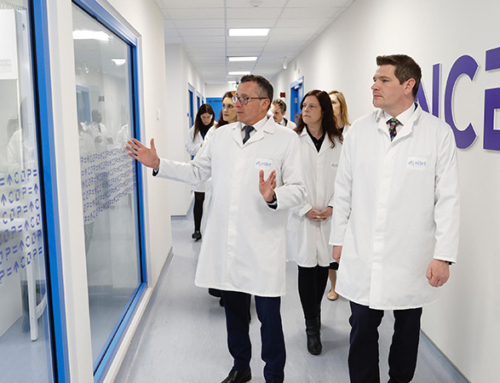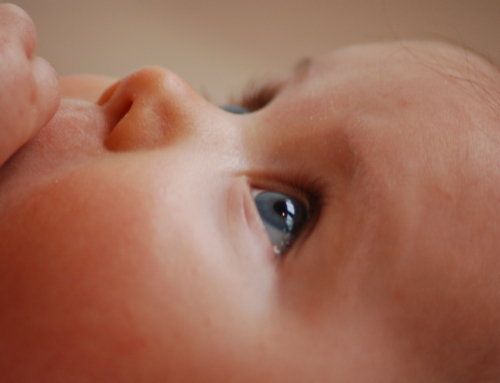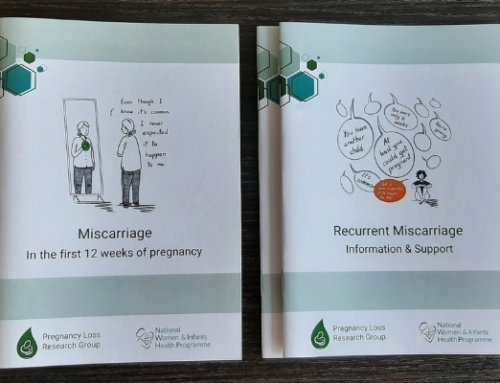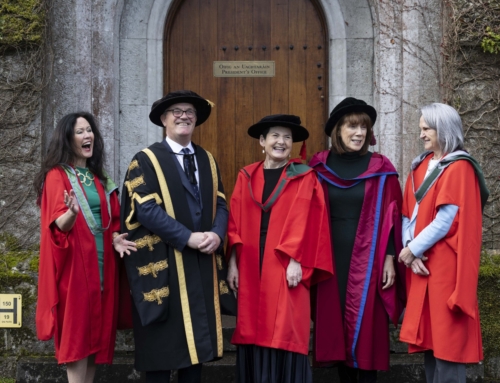Monday 03 October 2016
Research from the BASELINE Cohort study has found that some commensal bacteria may act as an anti-inflammatory or protective mechanism against the development of eczema in babies.
The research, funded by the National Children’s Research Centre, and based on academic collaboration between Trinity College Dublin, University College Cork, University of Dundee and the National Institutes of Health, has been published in this month’s Journal of Allergy and Clinical Immunology.
The research was gathered from a cohort of patients in the BASELINE Cohort study. By studying a new-born’s skin very carefully over a 1-year period, a complex relationship between the microbiome and skin inflammation was discovered. The research indicates that babies with atopic dermatitis (AD, though commonly referred to as eczema) had not been colonized with the Staphylococcus bacteria before developing AD. The research also shows that several species of the staphylococcus bacteria appeared to protect against the development of eczema. Eczema has a close relationship with the colonization of Staphylococcus Aureus bacteria, and these bacteria are known to drive flares or exacerbations of AD.
Deirdre Murray, Senior Lecturer in the Department of Paediatrics and Child Health, UCC and Principal investigator of the Cork BASELINE birth cohort study: “Prof Irvine’s work is advancing our knowledge in why some babies develop eczema, and what we might be able to do to prevent this disorder in the future. This study provides the next crucial piece of the jigsaw.”
Alan Irvine, Professor of Dermatology inTCD and a Principal Investigator in the NCRC said: ‘This work is the first study that has followed babies at several time points in their first year of life and examined the bacterial communities of their skin at this early stage. Our findings suggest that while the relationship between these skin bacterial communities and development of disease is complicated, we have shown for the first time that some bacteria may help prevent skin inflammation in these very young children. Our work is an early discovery, future work will hopefully clarify how these works and determine if we can harness to prevent disease.’







